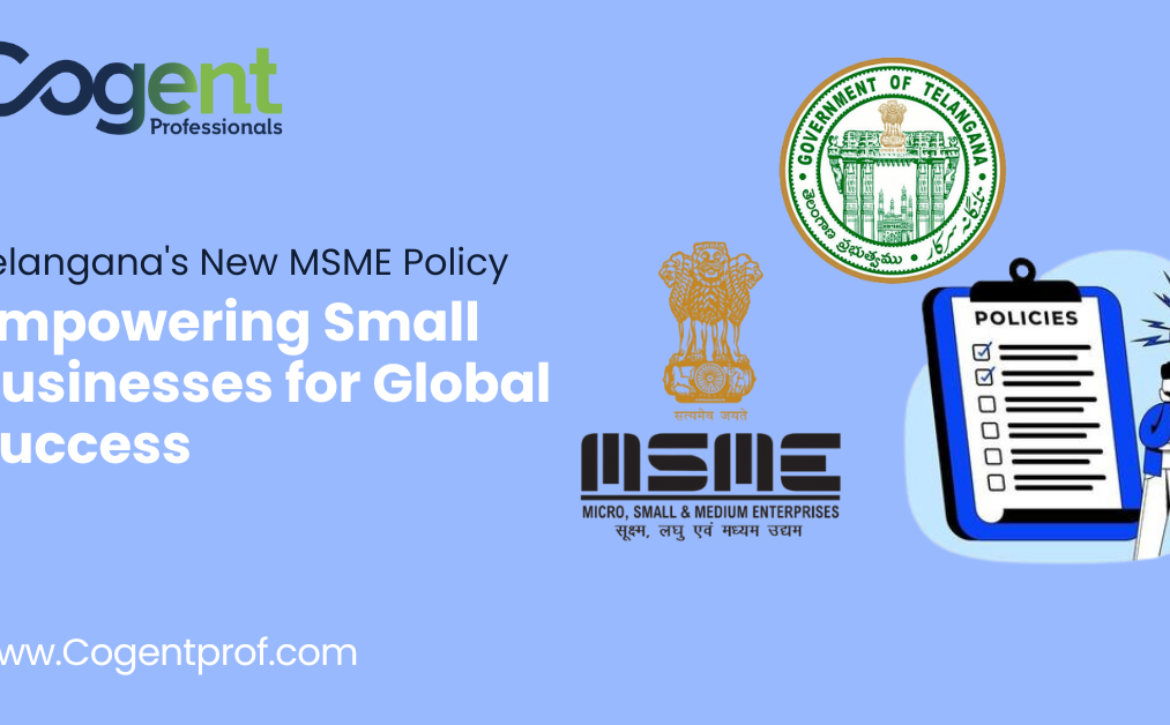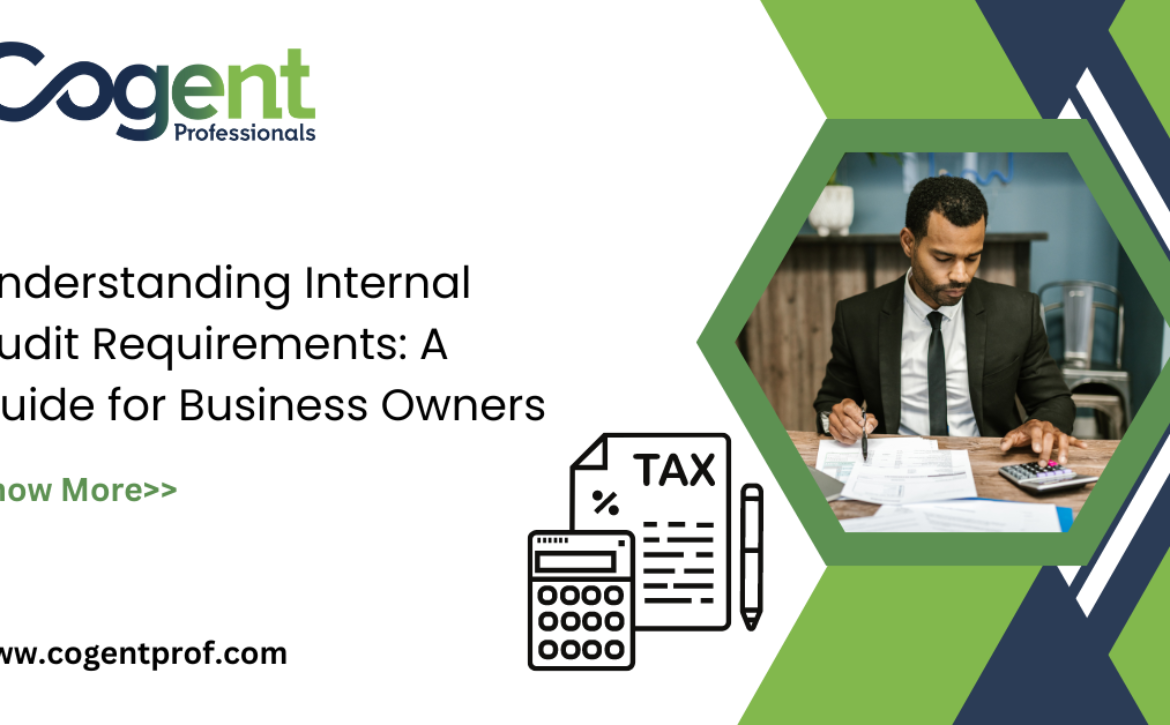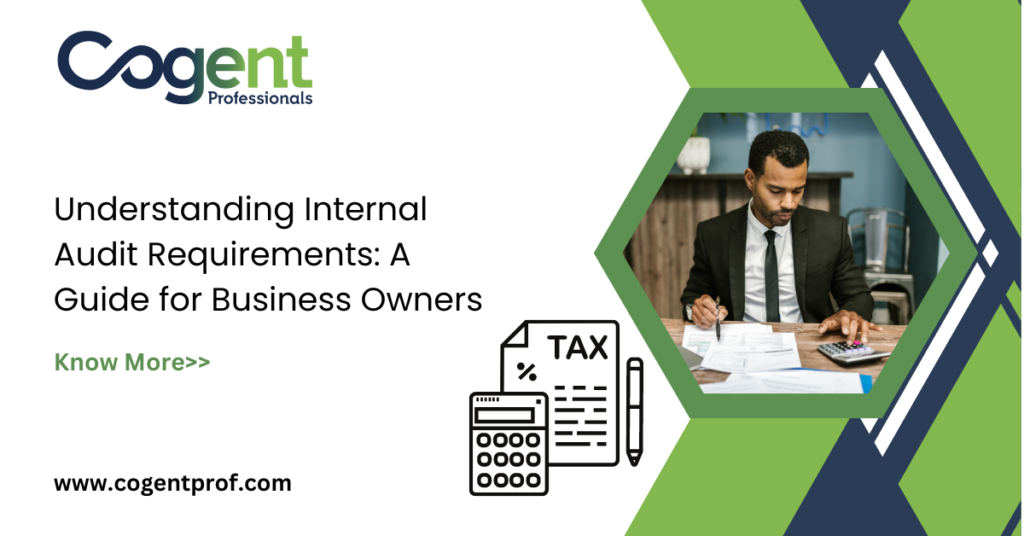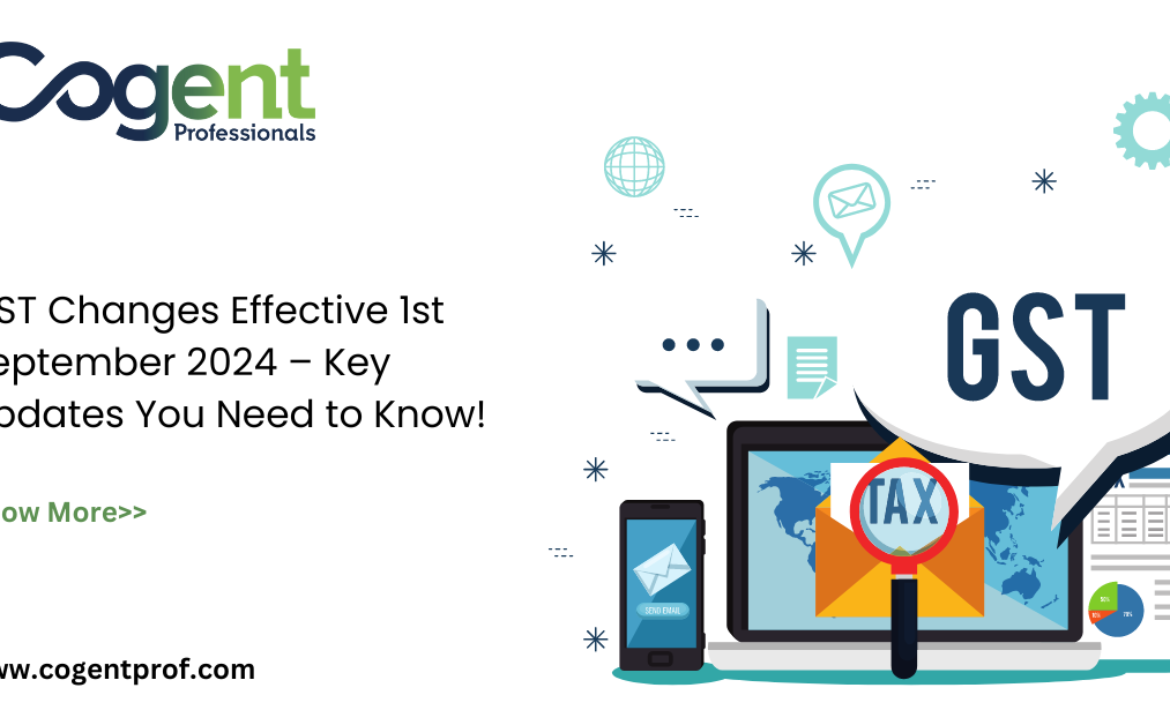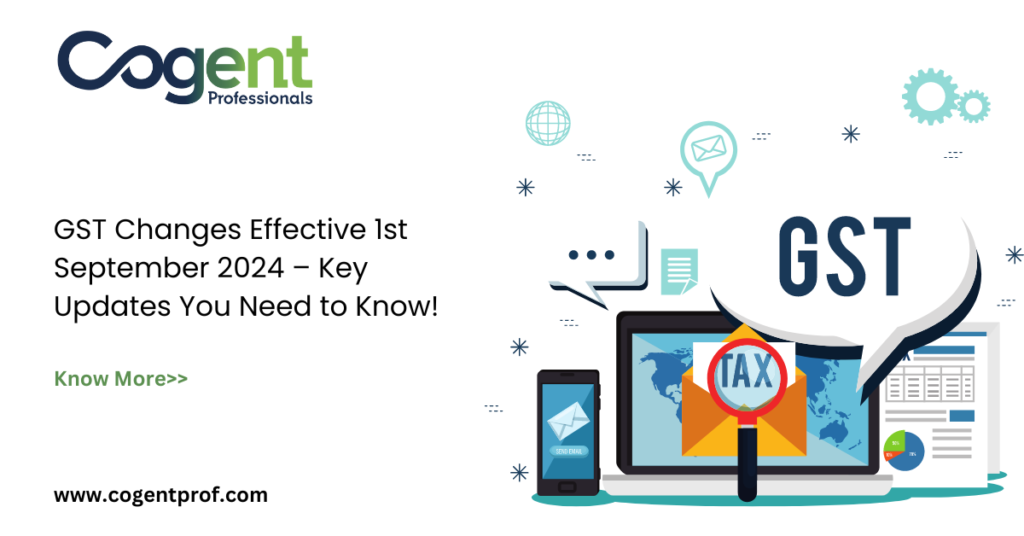NPS Vatsalya Scheme: A Comprehensive Guide for Parents Investing in Their Child’s Future
How to Secure Your Child’s Future with the NPS Vatsalya Scheme: A Complete Guide for Indian Parents

NPS Vatsalya Scheme: A Comprehensive Guide for Parents Investing in Their Child’s Future
In today’s fast-paced world, financial security is one of the most important things you can provide for your child. The NPS Vatsalya Scheme, introduced by the Pension Fund Regulatory and Development Authority (PFRDA), offers a valuable opportunity for parents in India to start early financial planning for their children. This saving-cum-pension scheme is specifically designed for minors, allowing parents to create a secure financial future for their children.
In this blog, we’ll explore everything you need to know about the NPS Vatsalya Scheme, including how it works, its benefits, and why it’s a smart choice for long-term financial planning.
What is the NPS Vatsalya Scheme?
The NPS Vatsalya Scheme is a specialized savings and pension plan created for minors in India. This scheme allows parents or guardians to open an NPS account on behalf of their child (aged 0-18) and make regular contributions towards building a secure financial corpus for their future.
One of the standout features of this scheme is its dual purpose: it helps parents build a substantial savings corpus for their child, while also ensuring a secure pension plan that continues into adulthood. With flexible investment options and market-linked returns, the NPS Vatsalya Scheme is a smart way to plan long-term financial stability for your child.
How Does the NPS Vatsalya Scheme Work?
Under the NPS Vatsalya Scheme, parents or guardians can open an account in the child’s name, with the child remaining the sole beneficiary. The account is managed by a designated guardian until the minor reaches adulthood.
Here’s a breakdown of how the scheme functions:
Contributions: Parents can start by contributing as little as ₹1,000 per year, with no upper limit. Contributions can be adjusted annually, based on the family’s financial capacity.
Compounding Returns: Over time, these contributions grow due to the power of compounding. For example, if parents contribute ₹10,000 annually for 18 years, the corpus can grow to approximately ₹5 lakh (assuming a 10% rate of return). If the investment continues until the child reaches 60 years, the corpus could potentially reach ₹2.75 crore at 10% RoR or even ₹10 crore at 12% RoR.
Investment Options: The scheme offers a variety of investment choices, including Pension Funds registered with PFRDA. Parents can select from Auto Choices (which adjust investments based on the child’s age) or Active Choices (where the guardian decides how much to invest in equities, government securities, and other asset classes).
Benefits of the NPS Vatsalya Scheme for Parents and Minors
The NPS Vatsalya Scheme comes with a host of benefits for families looking to secure their child’s financial future:
1. Early Start with High Growth Potential
Starting early with financial planning means more time for your investments to grow. The longer your money is invested, the more significant the effects of compounding will be. Over time, the contributions you make will accumulate and grow into a substantial corpus, ensuring your child’s financial independence.
2. Tax Benefits
Like other NPS accounts, contributions to the NPS Vatsalya Scheme are eligible for tax deductions under Section 80C of the Income Tax Act, providing parents with additional tax savings while planning for their child’s future.
3. Flexibility in Contributions
With a minimum annual contribution of ₹1,000, the scheme offers parents flexibility in how much they contribute each year. There’s no upper limit, so parents can adjust their contributions based on their financial situation and goals.
4. Customized Investment Options
Parents can tailor their investment choices based on their risk appetite. The scheme offers different Pension Funds and asset classes, from conservative options like government securities to more aggressive options like equities. Parents can choose from Auto Choices or manually allocate investments through Active Choices.
5. Long-Term Financial Security
By continuing contributions into adulthood, the NPS Vatsalya Scheme provides not only a savings corpus but also a secure pension for the child’s retirement. This ensures long-term financial security and independence, giving parents peace of mind that their child will have financial stability in the future.
How to Open an NPS Vatsalya Account
Opening an account under the NPS Vatsalya Scheme is simple. Parents or guardians can visit Points of Presence (POP), including major banks, India Post, and Pension Fund offices, or use the e-NPS platform to open an account online.
Here’s what you’ll need to get started:
- KYC documents of the guardian (such as Aadhaar or PAN card).
- Proof of the minor’s date of birth (such as a birth certificate or school ID).
Once the account is opened, parents can start making regular contributions and adjust their investment strategy over time.
Why the NPS Vatsalya Scheme is a Smart Choice for Parents
The NPS Vatsalya Scheme is an excellent choice for parents looking to secure their child’s financial future. With flexible contributions, tax benefits, and the potential for high returns, this scheme offers a reliable way to build a significant savings corpus while ensuring long-term financial security through a pension plan.
By starting early and making regular contributions, parents can give their child the gift of financial independence and a stable future. If you’re looking for a smart, efficient way to plan for your child’s financial well-being, the NPS Vatsalya Scheme could be the solution you’ve been looking for.
Take the first step in securing your child’s financial future with the NPS Vatsalya Scheme today!
About the Expert:
Mr. Butchibabu, Chartered Accountant, is a renowned expert in GST compliance and tax advisory services. With years of experience guiding businesses through the complexities of GST regulations, Mr. Butchibabu and his team are committed to helping you navigate these changes smoothly. For personalized assistance with your GST filings, feel free to reach out.


